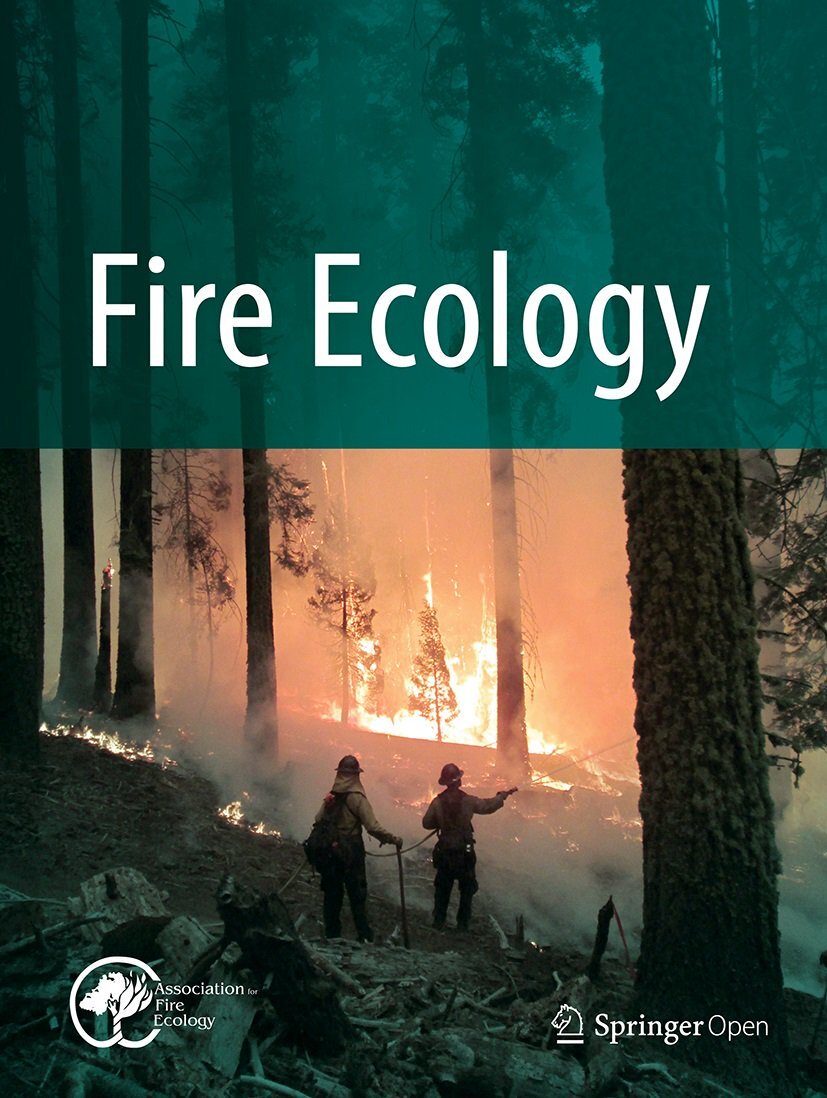Kelowna: Fire Effects Monitoring Workshop - Colleen Ross
Monday June 22, 2026 - Wednesday June 24, 2026
This hands-on workshop gives you the tools, techniques, and confidence to measure what fire actually does to the land over time. Whether you are working in forestry, restoration, prescribed fire, or wildfire risk reduction, understanding long-term fire effects is essential to planning better burns and proving success.
You will learn how to design permanent or long-term plots, collect repeatable data, and interpret changes in fuels, vegetation, and soils that emerge months and years after a burn. Built around real-world examples and grounded in professional practice, this course will help you connect fire behaviour with outcomes, and use that knowledge to improve your next land management treatment, and supporting prescriptions and plans.
What You’ll Learn
Through guided field-based discussion and practical exercises you’ll be able to:
Explain the purpose of fire monitoring and describe different monitoring levels.
Identify first- and second-order fire effects in research and in the field.
Develop clear monitoring objectives that support burn plan and land management goals.
Select and apply appropriate monitoring protocols for substrate, vegetation, fuels (and treatments), and other values for the site conditions.
Lay out fire monitoring plots and collect accurate field data using standard tools and forms either as stand alone plots or overlapping exsiting ones, e.g., silviculture, wildlife, vegetation, archaeology or fuels plots.
Use results gathered from plot measurements to evaluate outcomes and improve future treatments with a fire ecology and behaviour lens.
Format
This workshop is often delivered between May and October to align with burn and monitoring seasons and identify plants. It can be customized for your team, ecosystem type, or program needs. You provide the ground, I’ll take care of the rest.
Duration: Three days with a mix of classroom and field each day.
Suitable for: Prescribed fire practitioners, restoration ecologists, wildfire professionals, cultural fire leads, land managers, researchers and resource professionals.
Overlaps your current monitoring (e.g., wildlife monitoring, fuels plots, bird point count, cruise plots) with protocols from the Fire Monitoring Handbook, Fuels Characteristic Classification System, Brown’s and Composite Burn Index (LiDAR mapping), used by the BC provincial government, FNESS and other municpalities.
Prerequisites: NONE.
Recommend RX-310 Introduction to Fire Effects and S-390 Intermediate Fire Behaviour as they expand on the why and set you up for meaningful and relatable interpretation of the data.


